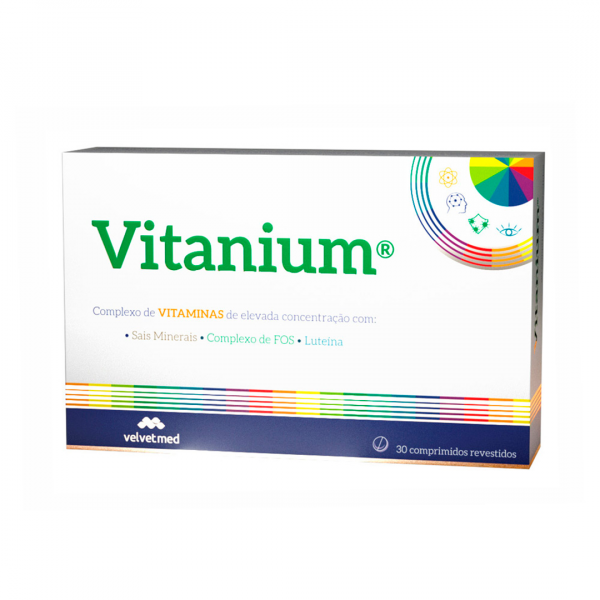In my clinical practice I am a proponent of gradual weight loss, and therefore it is usually prolonged over time. What practice tells me is that these approaches are also the most sustainable in the long term, i.e., weight regain becomes less likely. My interventions require great dietary rigor, but the basis of the diet plan is a healthy, balanced, and varied diet, which assumes that food intake should meet individual needs for macro (protein, lipids, and fats) and micronutrients (vitamins and minerals).
However, there are several situations where weight loss has to be faster. When? At that moment when we realize that we are one month away from our wedding and the dress no longer fits, or when we realize that the clothes we have for the time of year that has just begun no longer fit, or, very importantly, for sports goals, particularly in sports that are categorized by weight classes.
In these contexts, consciously in addition to having to do a negative energy balance (for the person to lose weight), we have to go further and apply low calorie diets that provide an energy intake of 800 kcal per day, usually based on conventional foods, or very low calorie diets that provide 200 to 800 kcal per day, often using standardized diet plans or even meal replacements.
It is logical that in these more restrictive diets it is practically impossible to achieve a nutritional balance in the intake of macro and micronutrients. There are several solutions, aids that can make it possible to implement this type of diet without compromising the health of the people who come to me. In this sense, we should resort to food supplements that have vitamins and minerals in their constitution (multivitamins) that allow people to lose weight without sacrificing the supply of these fundamental elements for the proper functioning of our body.
The choice of multivitamin should take into account our patient's needs, the composition of the multivitamin, and also the pharmaceutical form in order to ensure patient compliance. Usually these interventions should not be longer than a maximum of two months and should be followed up more frequently.
The intervention of the nutritionist must always be individualized, appropriate to the objectives of our user and using all the tools at his or her disposal, not only food, but also strategies using food supplements or foods with specific medicinal purposes, whenever justified.
Maria João Campos
Pharmacist and Nutritionist
Pharmacist CP 13757
Nutritionist CP 2119N
July 2021
In my clinical practice I am a proponent of gradual weight loss, and therefore it is usually prolonged over time. What practice tells me is that these approaches are also the most sustainable in the long term, i.e., weight regain becomes less likely. My interventions require great dietary rigor, but the basis of the diet plan is a healthy, balanced, and varied diet, which assumes that food intake should meet individual needs for macro (protein, lipids, and fats) and micronutrients (vitamins and minerals).
However, there are several situations where weight loss has to be faster. When? At that moment when we realize that we are one month away from our wedding and the dress no longer fits, or when we realize that the clothes we have for the time of year that has just begun no longer fit, or, very importantly, for sports goals, particularly in sports that are categorized by weight classes.
In these contexts, consciously in addition to having to do a negative energy balance (for the person to lose weight), we have to go further and apply low calorie diets that provide an energy intake of 800 kcal per day, usually based on conventional foods, or very low calorie diets that provide 200 to 800 kcal per day, often using standardized diet plans or even meal replacements.
It is logical that in these more restrictive diets it is practically impossible to achieve a nutritional balance in the intake of macro and micronutrients. There are several solutions, aids that can make it possible to implement this type of diet without compromising the health of the people who come to me. In this sense, we should resort to food supplements that have vitamins and minerals in their constitution (multivitamins) that allow people to lose weight without sacrificing the supply of these fundamental elements for the proper functioning of our body.
The choice of multivitamin should take into account our patient's needs, the composition of the multivitamin, and also the pharmaceutical form in order to ensure patient compliance. Usually these interventions should not be longer than a maximum of two months and should be followed up more frequently.
The intervention of the nutritionist must always be individualized, appropriate to the objectives of our user and using all the tools at his or her disposal, not only food, but also strategies using food supplements or foods with specific medicinal purposes, whenever justified.
Maria João Campos
Pharmacist and Nutritionist
Pharmacist CP 13757
Nutritionist CP 2119N
July 2021
Velvet Med Products
VITANIUM Comprimidos – Multivitamínico
Information:
- Vitamin deficiency
- Poor diet
- Micronutrient food supplement
BOULACTIS PLUS – Simbiótico – Função Intestinal
Information:
- Symptomatic diarrhoea relief
- Prevention or relief of antibiotic-induced diarrhoea
- Regulation of intestinal flora
MAGNETRIL D – Cansaço, Fadiga e Cãibras Musculares
Information:
- Tiredness and lack of energy
- Fatigue and muscle cramps
- Maintenance of healthy bones and teeth
- Magnesium deficiency
- Sports activities
COMPLEX B Forte Effervescent Tablets
Information:
- Physical/mental fatigue and tiredness
- Ulcers and other mucous disorders
- Lack of appetite
- Weakened immune system










